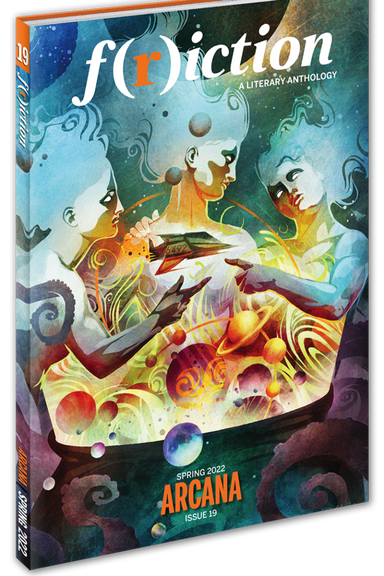We love visceral poetry with stunning concrete imagery. Our editors want to be transported to new landscapes. Let us walk the streets of your cities, explore your abandoned buildings, and meet your “angelheaded hipsters.” In addition, we want readers to be able to visualize and experience the world from fresh perspectives. Overall, we love imagery that punches like Muhammad Ali. However, we also adore the variety of meditative imagery written by talented haiku writers.
Our editors love poets who are gifted storytellers. Take a look at our award nominees and you will find how important strong narratives are to us. The idea of the poet as a Bard is extremely important to our poetic philosophy. We agree with Joy Harjo when she writes “the word poet is synonymous with truth teller,” in her note after the poem “A Postcolonial Tale.” If your poetry contains compelling narratives, shares the stories of specific regions, and engages the lives of specific peoples, your poetry is probably for our publication.
Generally, our editors are looking for modern poetry written in free verse. However, we love writers who craft compelling poetry written in closed forms. Our current favorites include the Ghazal, villanelle, and American Sonnet. We welcome all varieties of alt lit, as well as microforms. Modern Haiku and Senryū are two of our favorites. Overall, we operate under a form follows function philosophy. We want the content of your poetry to harmonize with the form you choose. Innovative forms and ideas always capture our attention. A great example from a past issue is Calculus Notes on Turmeric By Palak Parikh.
Bold figurative language is also important to our staff. We love poets who craft innovative similes and metaphors. If you can captivate us with your figurative language, we will read your poetry on numerous occasions. Tomas Tranströmer’s similes in the poem “April and Silence” are some of our favorites.
Empathy is one of the most important qualities we are looking for in the poets we publish. Think of these lines from Anis Mojgani’s poem “Shake the Dust” when you submit your writing:
“This is for the hard men who want to love but know it won’t come
For the ones who are forgotten
The ones the amendments don’t stand up for”
Our mission is to spread peace and understanding one poem at a time. Our goal is to build communities, support historically marginalized creators, and promote the creation of new relationships. We want your vast Grand Canyon heart, your earthquake voice, and your open bird nest palms. Bring yourself as you are where you are in the world. Bring your whole neighborhood to the block party. This is your house poet.
Our mission is to spread peace and understanding one poem at a time. Our goal is to support historically marginalized creators. Join us.
Our editors review submissions on a rolling basis. Please submit 1-5 of your best pieces for consideration. Our editors will consider work from established and emerging poets alike.
Our team is deeply committed to curating a diverse publication. We encourage writers from historically marginalized communities to submit to Rising Phoenix Review. Our publication is open to all poets, regardless of race, age, gender, sexual orientation, nationality, or religious affiliation. We strive to make our platform a safe space.
Please send your poetry in a Microsoft Word Document. Format your text in 12 point Times New Roman font. In addition, please include a brief bio of 100 words or less. We love to help promote and support the writers we feature, so please feel free to send us links to your social media accounts.Please make all of your submissions through our Submittable account.
More information and submission link here.











